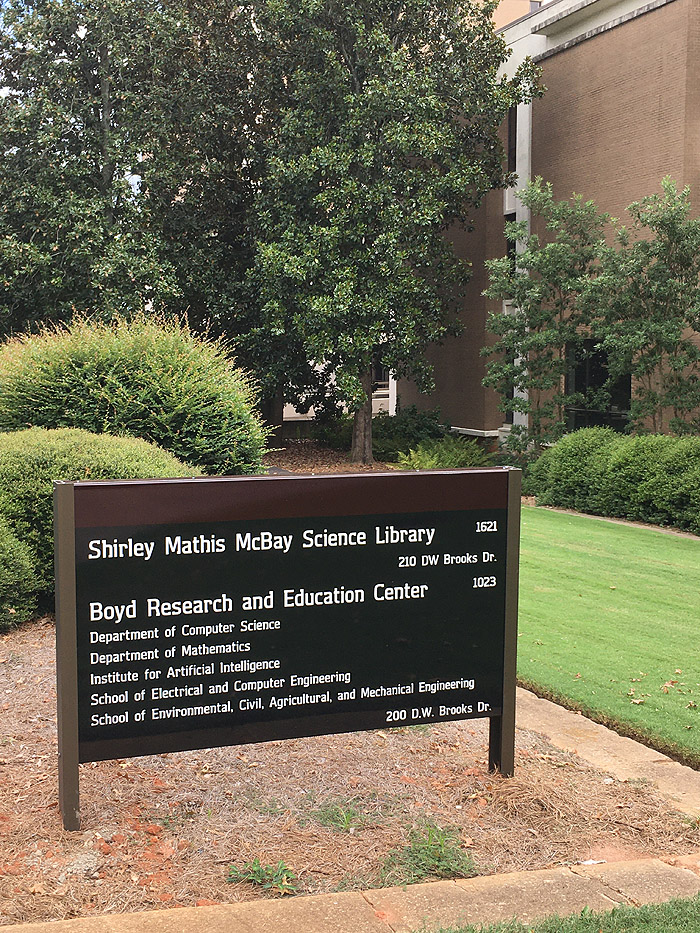|
How to approach politics without abandoning Christ
This entry is for my fellow Christians.
We live in turbulent times, and the turbulence seems to be changing hour-by-hour
and mostly will not be reported here. (The "raid" on Mar-a-Lago is the latest development.)
Today I want to state some guiding principles for how a Christian can and should approach politics.
It will be immediately obvious that a lot of American Christians have been going entirely the wrong
way. Indeed, a new study shows that
40% of people who call themselves "evangelical" rarely or never attend church,
which begs the question of what on earth "evangelical" means to them.
Apparently it's only a political and cultural label
(though a correspondent points out that some of these people
may be real Christians who are put off by the politicization of the churches
they belong to).
That is how far we've come.
For those who are unsure, "evangelical" is historically
the name for a type of Christians who believe
a personal commitment to Christ is important, the Bible is authoritative, and the way the church is
organized is flexible. Until just now, it had nothing to do with politics.
It is what I am, but I've had to stop using the word.
It is much easier to follow a political party or candidate than to follow Christ,
and that's what a lot of Christians have fallen into.
Here, then, are some principles I live by. They are radically different from the way a lot of
Christians or ex-Christians do politics.
(0) Politics must be fact-based, not narrative-based.
My moral duty is to care about what is actually happening, not some story I or someone else
can make up while ignoring all the facts that don't fit it.
Narrative-based thinking is the biggest source of what I've been calling "weaponized stupidity."
It's a way to manipulate people by getting them to believe things that aren't so, and ignore things that are so.
A symptom of narrative-based thinking is labeling everything "liberal" or "conservative" before
looking closely at what it is.
(1) Neither candidate is God's perfect choice.
Bad things happen when Christians get the idea that one candidate or party is "God's choice" and
deserves their unconditional loyalty. They start lowering their standards to "help the
right side win." No, no, no... Our support for candidates should always be tentative and partial.
Sometimes it is strong, when there is a clear and large difference, but it's still tentative.
We support candidates only to the extent that they are better than the alternative.
It follows that there is no God-endorsed political party. There may sometimes be enough
difference between the two parties to give us a strong preference, but it isn't absolute and
certainly isn't unchangeable. Political parties would like to own us as captives, and we must
not let them!
I have argued that God may well want some people to vote one way and others to vote the
other way so that the winner
is not overconfident and the opponents get some voice. Some Christians seem curiously incapable of
understanding this. But if it is true, people voting both ways can both individually be doing
the will of God.
By the way, we will get the most representation if we are swing voters. Candidates should
have to worry, day by day, whether they are still winning our votes — not just announce a few
litmus-test positions and then do anything they feel like.
(2) We are here to persuade, not demolish. Evangelism is all about getting people to
become Christians voluntarily. The same goes for spreading Christian values.
We need to be showing the world why our way is better, not trying to obliterate
people who oppose us.
The term "culture war" has done some harm. Of course there is a war between good and evil in any
human society, but the term "culture war" has led Christians to think that we are here to
defeat people, which is not at all the case. Not for a moment were we sent here to
wipe out non-Christian people or those who don't share Christian values.
The culture war mindset has also led to three other misconceptions:
(a) That politics is winner-take-all; that the winning side owes nothing to its opponents, because
they are evil and have no rights. NO. They are your fellow citizens and fellow humans.
The goal of the political process should be to get each group as much as feasible of what it wants,
not to give total control to the winner.
(b) That extremism is good. Goldwater said, "Extremism in the defense of liberty is no vice." He got
it wrong! Extremism (manifested as violence, deception, or the truth-shunning habit of thinking in exaggerations) is certainly
a vice,
no matter what you think it's in defense of.
Our goal is to know what is actually true and do what is actually good — not a caricature of it!
(c) That political processes are compromises with evil. This mistake is what leads to extremism.
In real life, politics is always compromise, not about moral principles, but about what it is
possible to do at any particular time. We get part of what we want, even if we don't get all of it.
(3) We recognize what is good or bad about any candidate or party. We are not "loyal"
or "committed" to one, such that we can't criticize it, nor such that we can't say anything good
about the opponent.
How much sin have Christians told me not to speak out against, because it would hinder "the right"
candidate?
How much virtue have Christians told me not to acknowledge, because it would strengthen "the wrong"
candidate?
I don't play that game.
I also don't engage in "trash-talk," playful (?) insults directed at the other side.
Whenever I oppose something, I feel obligated to be able to say why.
Pointless insults give the impression that I have no good reasons, that I'm just acting hateful.
(4) We want our fair share of representation, but we do not want to deprive others of theirs.
We recognize that not all our fellow citizens are Christians (and the ones who are Christians do not agree
with us about everything). We must not be power-hungry. Unfortunately, power-hunger has recently
become glamorous and mistaken for holy zeal!
There have been times when Christians haven't had their fair share of a voice in American politics.
One of them was the early 1970s, and surely part of the reason is that in the 1960s, people had been letting the name
of Christ be applied to a bad thing — racism. As late as 1973 I remember seeing people objecting
to "integration in churches" and wincing. Fortunately, it blew over, but for years afterward, Christians
were somewhat distrusted in the political realm. That is not the last time such a thing has happened.
(5) We recognize that politics includes differences of opinion about temporal matters.
Most political issues are not simply moral issues and there is no single Biblical position on them.
Should gasoline taxes be raised? I don't find an answer to that in the Bible. Answering it would involve
finding out what the tax money is used for, how it affects the market, whether it is unduly burdensome,
what would happen to actual revenues if it were raised (people might buy less gas), and so on.
The answers might be genuinely uncertain and hard to get.
An economist can shed a lot more light on them than a preacher.
I have no business invoking the name of Christ on a subject on which He gave no teaching.
(6) We can be politicians, campaign workers, etc., but we must do it cautiously.
If this were not permitted, it would imply that God doesn't want anyone to be politicians
or campaign workers, which is nonsense.
A Christian who goes into politics needs to follow God's standards of honesty and benevolence,
not merely whatever he or she can get away with. "All's fair in love, war, and politics" —
no — God never said that.
(7) We must get the easy moral issues right before we speak out on controversial ones.
If we flunk basic kindness and honesty, who will listen to us on more controversial matters?
Indeed, if we act hateful, people will attribute hateful motives to us when we speak on
controversial moral issues, and we won't be able to prove them wrong.
This is a heavy burden for honest Christians at the moment.
It's not just what we say about moral issues — it's the audience's misconceptions
about why we're saying it.
Permanent link to this entry
Short notes
I haven't written a Notebook entry in half a month! During that time, Melody has been to Kentucky
to see the grandchildren. She went with her mother and sister while I stayed home with Sharon.
Now we're all back, safe and sound, and I have an awful cold.
Meanwhile, FormFree has begun
commercial use of RIKI,
the creditworthiness index that I played a large role in developing.
It will be strange if my most important work ends up having been done this late in life, in a field
so far away from my training. But everything important I've ever done seems to have been
outside my field at the time.
Permanent link to this entry


|








